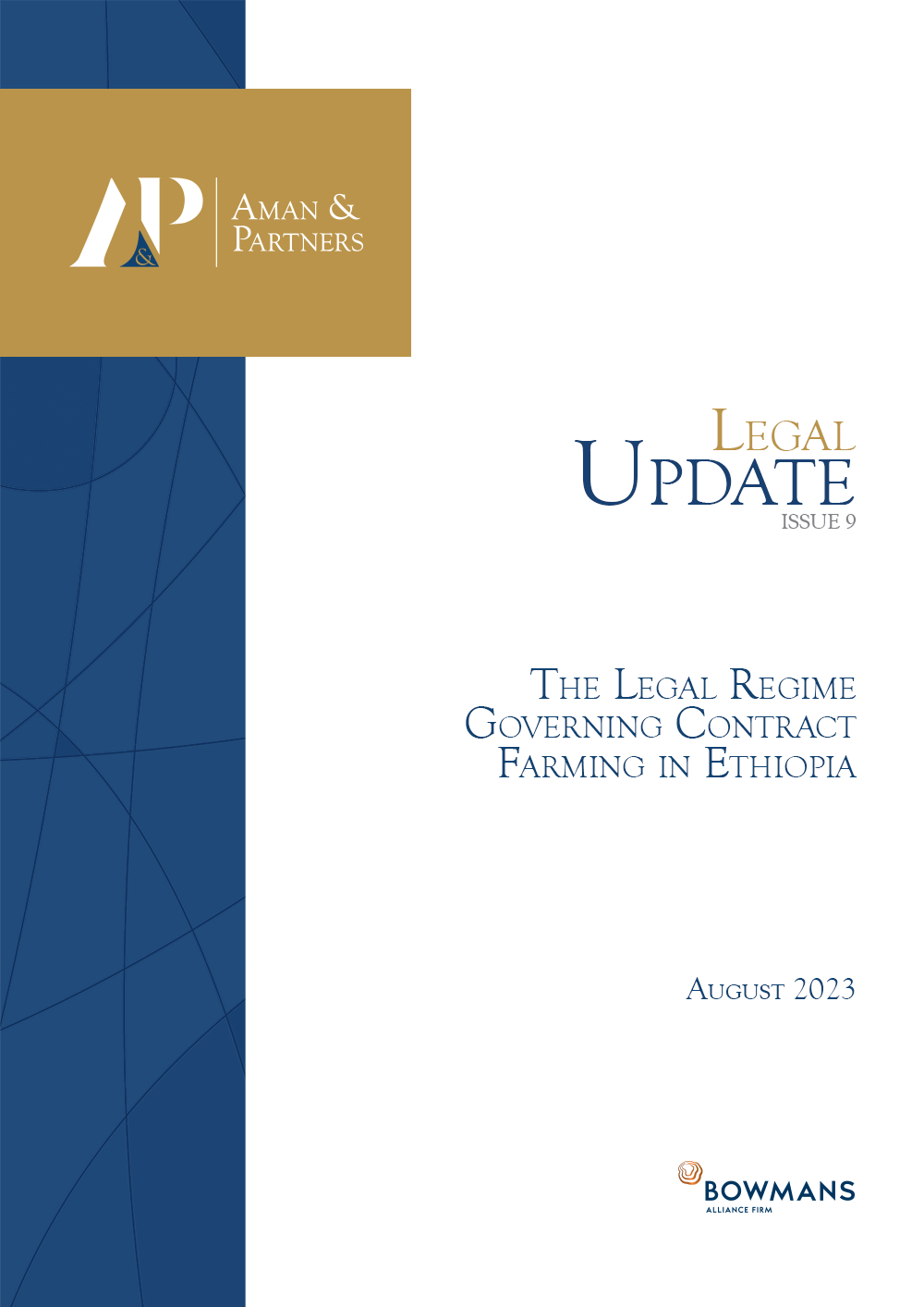Arbitration, as a means of alternative dispute resolution mechanism, has existed for long time. Such alternative mechanisms for dispute resolution are even more ancient in Ethiopia whereby disputes are traditionally resolved through third-party conciliators and mediators. It was the 1960 Civil Code and the 1965 Civil Procedure Code that gave a codified recognition to arbitration through substantive and procedural stipulations respectively.
On the 2nd of April 2021, the new arbitration law was enacted as ‘Arbitration and Conciliation Working Procedure Proclamation’ proclamation no. 1237/2021 (“Arbitration Law”). This has provided Ethiopia with its first stand-alone legislation with comprehensive governance of different aspects of dispute resolution through arbitration and conciliation.
The Arbitration Law was introduced shortly after Ethiopia ratified the New York Convention on the Recognition and Enforcement of Foreign Arbitral Award (“NYC”) on February 13, 2020.
Ethiopia has also recently joined the African Continental Free Trade Area Agreement (AfCFTA) and is actively working to join the World Trade Organization (WTO). Addis Ababa, being the capital city of Africa, has huge potential as a center for regional and global arbitration venues. A better understanding of the legal and procedural nuances of both local and international commercial arbitrations will enable to grow arbitration as a viable alternative dispute resolution mechanism.





